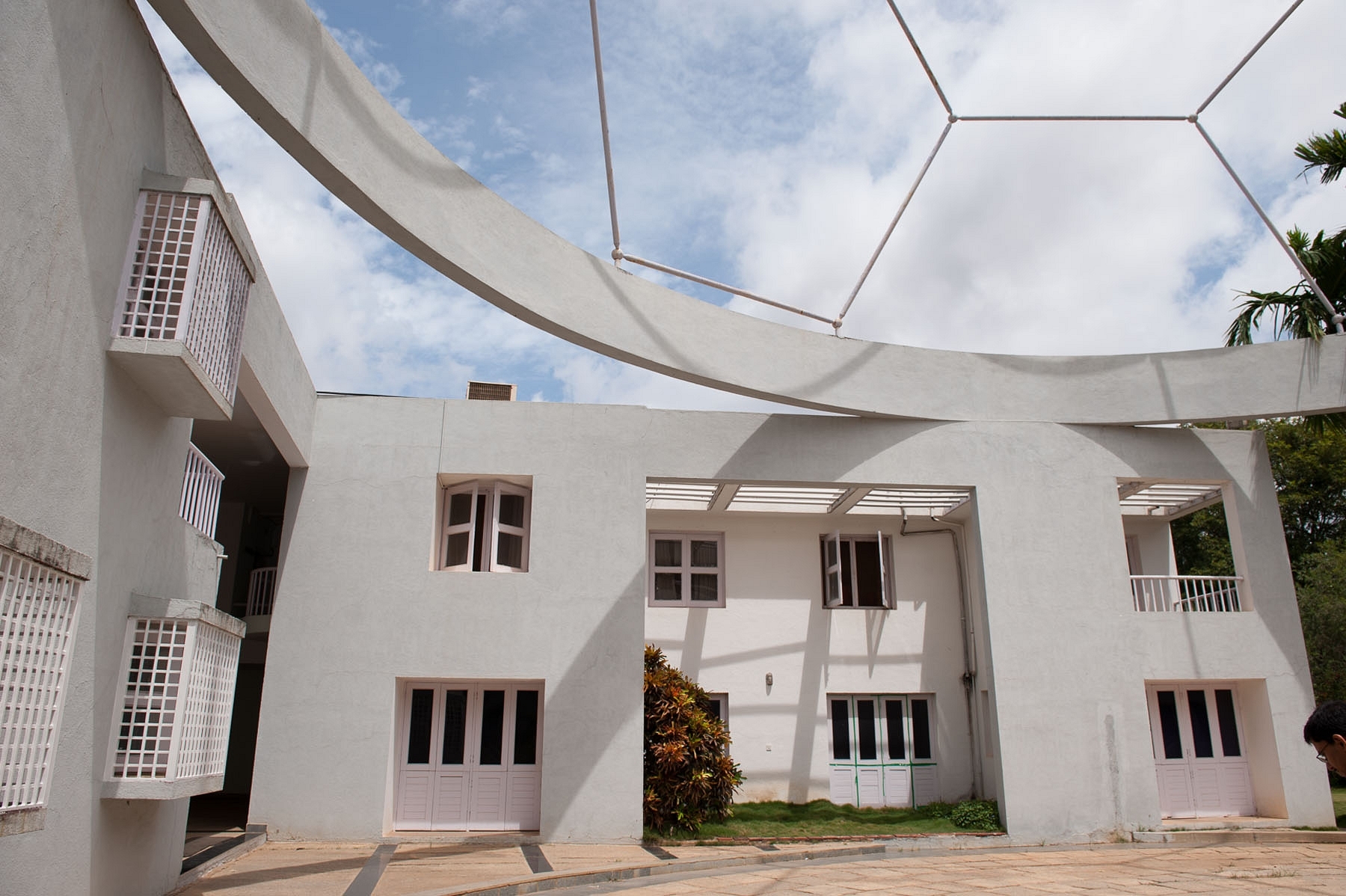Science
Nature Index Ranks Bengaluru-Based JNCASR In Top 50 Rising Institutions For Materials Science Globally
- Jawaharlal Nehru Centre for Advanced Scientific Research (JNCASR) has ranked 23rd in the rising institutions for materials science.
- The data and ranking come from Nature Index.

Jawaharlal Nehru Centre for Advanced Scientific Research or JNCASR
Bengaluru-based research institute Jawaharlal Nehru Centre for Advanced Scientific Research (JNCASR) has found a place among the top 50 rising institutions in the world for materials science. Slotting in at 23, it is the only Indian institute to feature on the list.
The top 50 table has appeared in the Nature supplement “Nature Index 2021 Materials Science”, published on 30 June 2021.
The supplement also hosts a second table, where JNCASR has come in at 171 in the leading 200 institutions in materials science.
The Indian Institute of Science (IISc), also from Bengaluru, ranks slightly higher on this top 200 list, as it is placed 165th.
But among the 50 rising institutions, JNCASR is the only Indian entry.
According to the journal Nature, the basis for ranking the highest performing institutes in the world in the field of materials science is the “change in article share” from 2019 to 2020.
Nature watches contributions to research articles published in 82 high-quality natural science journals, chosen by an independent group of researchers. The data, compiled by the Nature Research team, provides a score in two categories — count and share.
A country or an institution gets a count of 1 for a research article when at least one author from that country or institution has contributed to it.
The share is essentially the share of authorship on an article. When multiple authors and/or institutes contribute to a research article, they each accumulate a fractional share, indicating their individual contributions to the work, with the total share for an article amounting to 1.
The top 50 rising institutions in materials science has been compiled by tracking the change in this second category — 'share' — for institutions from 2019 to 2020.
In 2019, JNCASR had a share value of 8.89, which shot up to 19.52 in 2020. This amounted to a change of 10.67 or 120.6 per cent. Only three institutes recorded a higher percentage share change between the two years.
Overall, the top three institutes by rank in materials science are from China and South Korea. Shanghai Jiao Tong University (SJTU, China), Southern University of Science and Technology (SUSTech, China), and Korea Advanced Institute of Science and Technology (KAIST, South Korea) take the top three places.
China and the United States of America (US) dominate the table with 19 and 12 institutions from the two countries respectively featuring on the list.
In the last release of the top 50 rising institutions for materials science by Nature Index, published in 2019, comparing 2015 and 2018 output, no Indian institution made a mark on the table. This time, JNCASR makes an entry.
“Very happy to be among High Performing Institutes in Materials Science!!,” Dr Subi Jacob George, Professor and Chair, New Chemistry Unit, JNCASR, tweeted yesterday (13 July).
JNCASR was set up by the Department of Science and Technology in 1989 to commemorate the birth centenary year of the first Indian prime minister, Jawaharlal Nehru. Ever since, the institute has made great strides in education and research, producing 179 PhD graduates and 300 patents.
Eight research units operate across focus areas of science at the institute, including the chemistry and physics of materials, evolutionary and integrative biology, neuroscience, and theoretical sciences.
Fifty-six faculty members serve JNCASR — a relatively small figure given that, for instance, IISc has over 10 times the number of faculty members. The research work carried out by the institute’s workforce has yielded nearly 5,000 publications over the years.
In the past year, from 1 May 2020 to 1 April 2021, chemistry has taken the largest share of the institute’s research output followed by the physical sciences and life sciences.
Earlier this year, JNCASR ranked eighth among Indian institutions for research output during the same 2020-21 period. The data was compiled by Nature Research.
The Nature Index provides a clean look at high-quality research output along with insights on scientific collaboration at various levels.
Introducing ElectionsHQ + 50 Ground Reports Project
The 2024 elections might seem easy to guess, but there are some important questions that shouldn't be missed.
Do freebies still sway voters? Do people prioritise infrastructure when voting? How will Punjab vote?
The answers to these questions provide great insights into where we, as a country, are headed in the years to come.
Swarajya is starting a project with an aim to do 50 solid ground stories and a smart commentary service on WhatsApp, a one-of-a-kind. We'd love your support during this election season.
Click below to contribute.
Latest